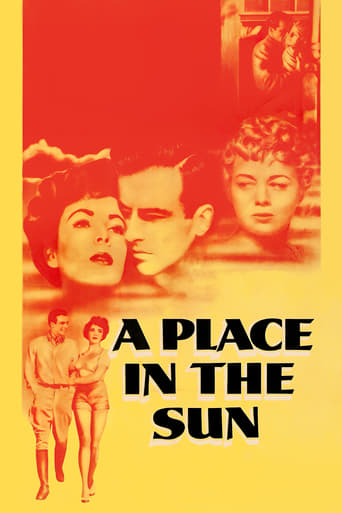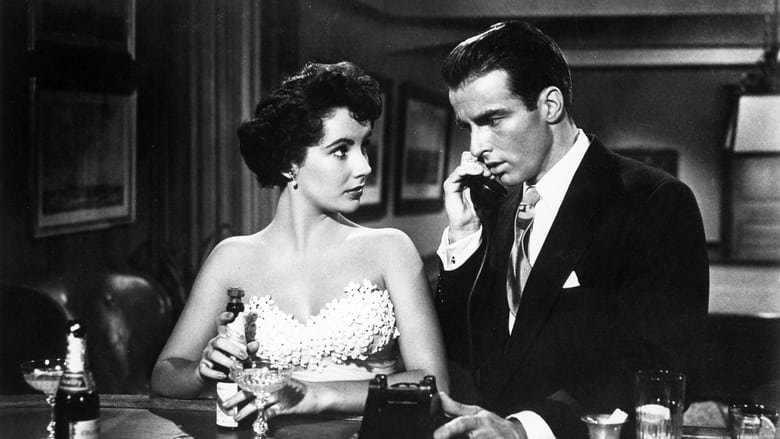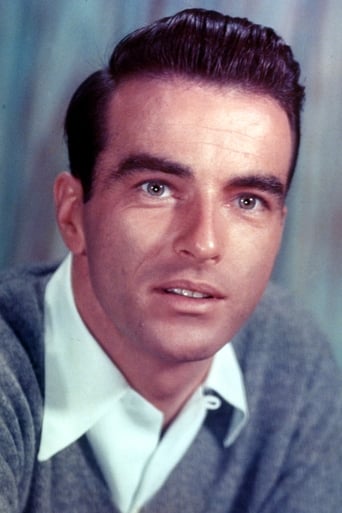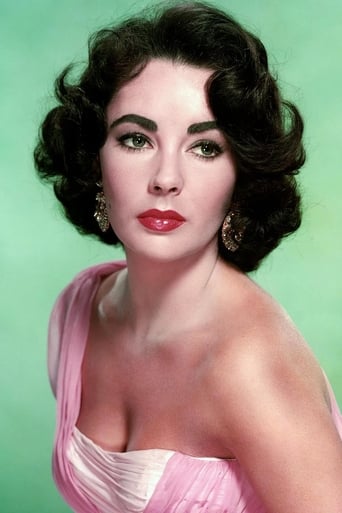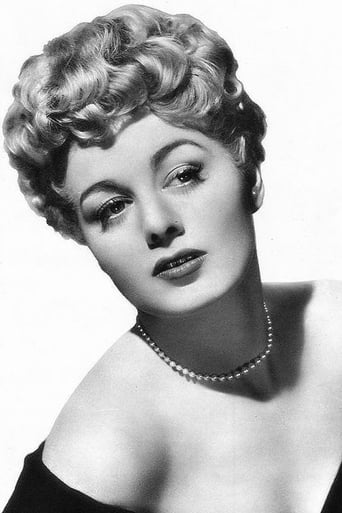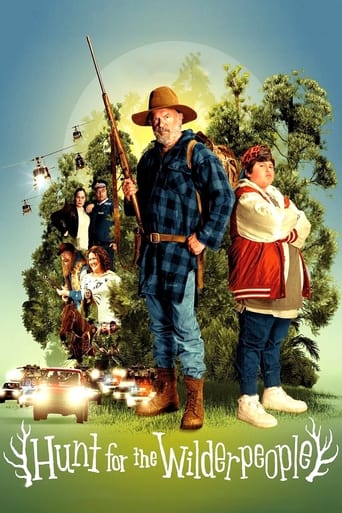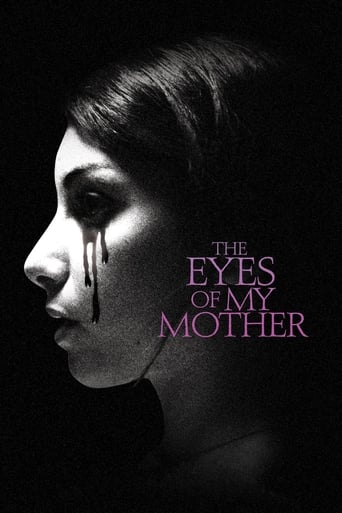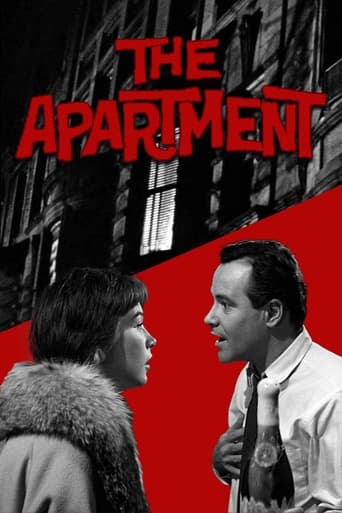A Place in the Sun (1951)
An ambitious young man wins an heiress's heart but has to cope with his former girlfriend's pregnancy.
Watch Trailer
Cast


Similar titles
Reviews
Perfect cast and a good story
Great Film overall
Fantastic!
Don't listen to the Hype. It's awful
In 1906 in New York State, Chester Gillette was sent to the electric chair for murdering his pregnant sweetheart and factory co-worker, Grace Brown, whose body was found in Big Moose Lake in the Adirondacks. Gillette planned to marry a rich society girl. Miss Brown stood in his way. Dreiser's novel "An American Tragedy" was published in 1925. Paramount paid Dreiser $135,000 for the screen rights. The first film version starred Sylvia Sidney, Phillips Holmes and Frances Dee, directed by Josef von Sternberg in 1931. The movie lost money.Paramount executives firmly opposed the plans of George Stevens to do a re-make in 1948, throwing every obstacle in his path. They were delighted when M-G-M told them that Liz Taylor would not be available for a loan-out until October, 1949. But Stevens replied, "That's fine! We'll make the movie in October, 1949!"Stevens actually commenced shooting, as planned, in October, 1949, on location at Lake Tahoe in Northern California. Following his usual practice — Stevens believed the craft of film-making was principally exercised in the editing room — he shot over 400,000 feet of 35mm stock. Negative cost: $2.5 million.Dreiser called his novel "An American Tragedy" because the motives that propel his hero are the arch-type motives of American materialism where no price is too great to pay for Success and a man who has worked his way up from poverty to riches — no matter by what means — is admired and respected. The hero has not perverted this American Ideal, rather he is the living embodiment of it. It is the Ideal itself that is perverted, its tragedy is American.The title change was brought about solely by the need to pander to the box-office — Josef von Sternberg had filmed the book under its original title in 1931, but it was neither a commercial nor a critical success — but the new title is ironic too, the hero finding his place in the sun in the Resurrection and the Light.The theme of "A Place in the Sun" is concerned more with the problem of guilt. Is a man guilty for his thoughts? Christ would seem to think so — "I say to you that anyone who so much as looks with lust at a woman has already committed adultery with her in his heart." But the law says, as quoted by the defense attorney in this film, that a man can be judged guilty only by his deeds not by his thoughts.Like its companion film "Carrie", "A Place in the Sun" builds slowly and meticulously to its shattering conclusion. The direction is painstaking. Stevens has taken infinite care over details and has filmed each sequence numerous times with the details slightly changed. He has adopted a style, often using long takes and slow, lingering dissolves, that lets us see into Eastman's mind.The acting is superlative. The principals — Clift, Taylor, Winters, Burr — never gave better performances. The photography is subtly atmospheric and the music score is the best Waxman ever wrote. AVAILABLE on a superb Paramount DVD.
Produced and directed by George Stevens, with a screenplay by Michael Wilson and Harry Brown, this essential romance drama about forbidden, tragic love (and more) stars two of the most beautiful actors of their time at the peak of their sex appeal, Montgomery Clift and Elizabeth Taylor.The excellent cast also includes Shelley Winters, Anne Revere, Fred Clark, Raymond Burr, and even John Ridgely (among others). Clift earned the second of his four (unrewarded) acting Oscar nominations, Winters her first and only lead actress nomination (she would go on to win two Supporting Actress Oscars out of three more nominations).Though producer Stevens lost his Oscar to An American in Paris (1951), director Stevens took home the gold; he earned a second directing Giant (1956). Writers Wilson and Brown also won as did the film's B&W Cinematography, Costume Design, Editing and Score. Added to the National Film Registry in 1991. #92 on AFI's 100 Greatest Movies list. #53 on AFI's 100 Greatest Love Stories list.George Eastman (Clift) is a handsome drifter with ambition. He gets a job at his wealthy uncle Charles's (Herbert Heyes) bathing suit factory where he works a mundane job and meets assembly line worker Alice Tripp (Winters). Even though she's not attractive and he was told not to date anyone at the plant, George has an affair with her. Later, however, George finds what he think will finally be his "place in the sun". He gets invited to attend one of the parties at his uncle's estate. There he meets a beautiful debutante Angela Vickers (Taylor). Two people who look as good as they do were meant to be together, right? The only problem is that Alice thinks she has a future in George's "climb up the ladder" in his uncle's business herself. Alice tells George that she's thinks she's pregnant from their earlier encounter which leads him to a desperate decision in a boat on a lake with her over Labor Day weekend.Revere plays George's poor mother, Clark George's defense attorney, Burr the DA, and Ridgely the coroner. Ian Wolfe appears uncredited as Dr. Wyeland.
George Steven's high-calibre drama, a six-times Oscar winner (including BEST DIRECTOR and SCREENPLAY), is a tellingly puissant moral lesson adapted from Theodore Dreiser's novel, AN American TRAGEDY, inspired by real event. A working-class young man George Eastman (Clift), comes to town to work for his industrialist uncle Charles Eastman (Heyes), strives to fight for a better future, but begins to bog down into a dilemma when his low-class girlfriend Alice Tripp (Winters) gets pregnant and puts pressure on an immediate marriage, whilst a gorgeous socialite Angela Vickers (Taylor), whom he secretly admires, surprisingly reciprocates her affections.Any advice to solve George's dilemma? Not hindsight wisdom, yet the truth is, if that (highly uncommon) scenario would happen to anybody, under such a tempting circumstances, a rosy future with the perfect woman a man could ever dream of, the idea of dispatching the poor Alice would lurk around pretty certainly to any morally deficient social climbers, so despite the horrific act (Alice's pregnancy has never been put into foreground to exacerbate the crusade against George during the trial), we audience tends to sympathise with him, plus, the film intentionally omits what happened after the boat was capsized, in the eyes of viewers, it is an emotionally perturbed Alice herself causes the capsize of the boat at the first place, only in the court, George tries to re-enact what was happening then, even his side of story is scarcely credible, there is tiny possibility that he is "innocent", and what's more disturbing is that, subconsciously, we do hope he is!That's where lies the strength of this slow-burner, as George could be anything but "innocent", simply because even if he had not done anything to harm Alice, just lets it happen when a landlubber like her was drowning to her death, is another form of murder. He has the perfect motive, and his not-doing is exactly the helping hand to facilitate Alice's death.Why then, our commiserations are more inclining to George than to Alice, first of all, it is Montgomery Clift's unrivalled and wonderfully consistent performance, a misfit being ricocheted onto a wrong echelon, who awkwardness is painfully visible. Just when he decides to accept the reality to stay where he belongs, a windfall sweeps off his feet, which ensues a turbulent battle of human frailties and moral senses underneath of his humble physique and perpetually preoccupied minds. Mr. Clift even masks any edgy aspects of George's personality, to make his actions even more ambivalent, either he is a ruthless schemer putting on a masterful front to play meek and try to evade punishment, or he is a tragic character, passively devoured by the twist of fate. And even up until the final scene, we can not tell which one is the real George Eastman, in my book, that's a top-drawer achievement for the thespian.Secondly, Ms. Winters' Alice, exists more than just the unfortunate prey, when a woman has to literally blackmail her boyfriend with pregnancy into marrying her, apart from blaming an unjust social environment towards women, the truth is, they will never reach a happy ending, Alice is miserable but equally as selfish as George, bovine and unglamorous, the flagrant contrast between her and Angela, is another excuse for George's road-of-no-return. A trifle of misogyny and female objectification can be discerned, but in Ms. Winters' defence, she delivers a palpably soul- pulverising coup-de-maître, notably in the scene with the doctor to insinuate an abortion, and her final in-your-face accusation and hyperbole on the boat.There is a 16-year-old Elizabeth Taylor, a child star transmogrifies to a fabulous screen goddess overnight, her voice is crispy and untainted, so is her off-screen rapport and affection to Mr. Clift, mirroring Angela's undying love for George, an avatar of perfection too good to be true in reality, extant on the silver celluloid only. It is her angelic face and seductive kiss remain in George's last moments, something worth dying for in its literal meaning. Oscar-winner, the limelight-stealing character actress Anne Revere has a small cameo as George's religious mother, whose film career ended abruptly after this due to being on the infamous "Hollywood blacklist", which prompted a nearly 20-years gap of absence in her filmography.Mr. Stevens takes great patience and pain to elicit striking endeavour from his cast, and his unpretentious method of channeling the narrative arc with a deft hand of juxtaposed editing, pays off handsomely in its end-product, especially considering how they could manage to sidestep the Hays Code while retain its dramatic pathos and inspire contemplation of its thorny subject matter, a Black-and-White classic truly worth its fame and praise.
i agonized for quite some time debating whether another review was warranted. is there anything that i could add that hasn't been said? yes: 1. that george eastman could be any one of us at some point in our lives - a hot mess. and this is where it hits home. i suspect the negative reviews of apits is founded upon the maxim: "if you spot it you got it". men are uncomfortable with seeing that in themselves. the only other equal to this movie could possibly be the talented mr. ripley. 2. there was a synopsis that said alice tripp latched on to george eastman like a vice. unfortunately, this is true. after she found out that george is a coward, a liar, and a cheater, alice should have walked away. but that's easy for me to say. i don't have to raise a child on my own. part of what makes this such a great movie is that alice is a trusting, sweet, young, and beautiful woman. only a fool would walk away from that, and this is exactly where i can relate. i want to say that a lying, cheating, coward is going to get his comeuppance, but then i think which one of us has led a perfect life? not me, that's for sure.

